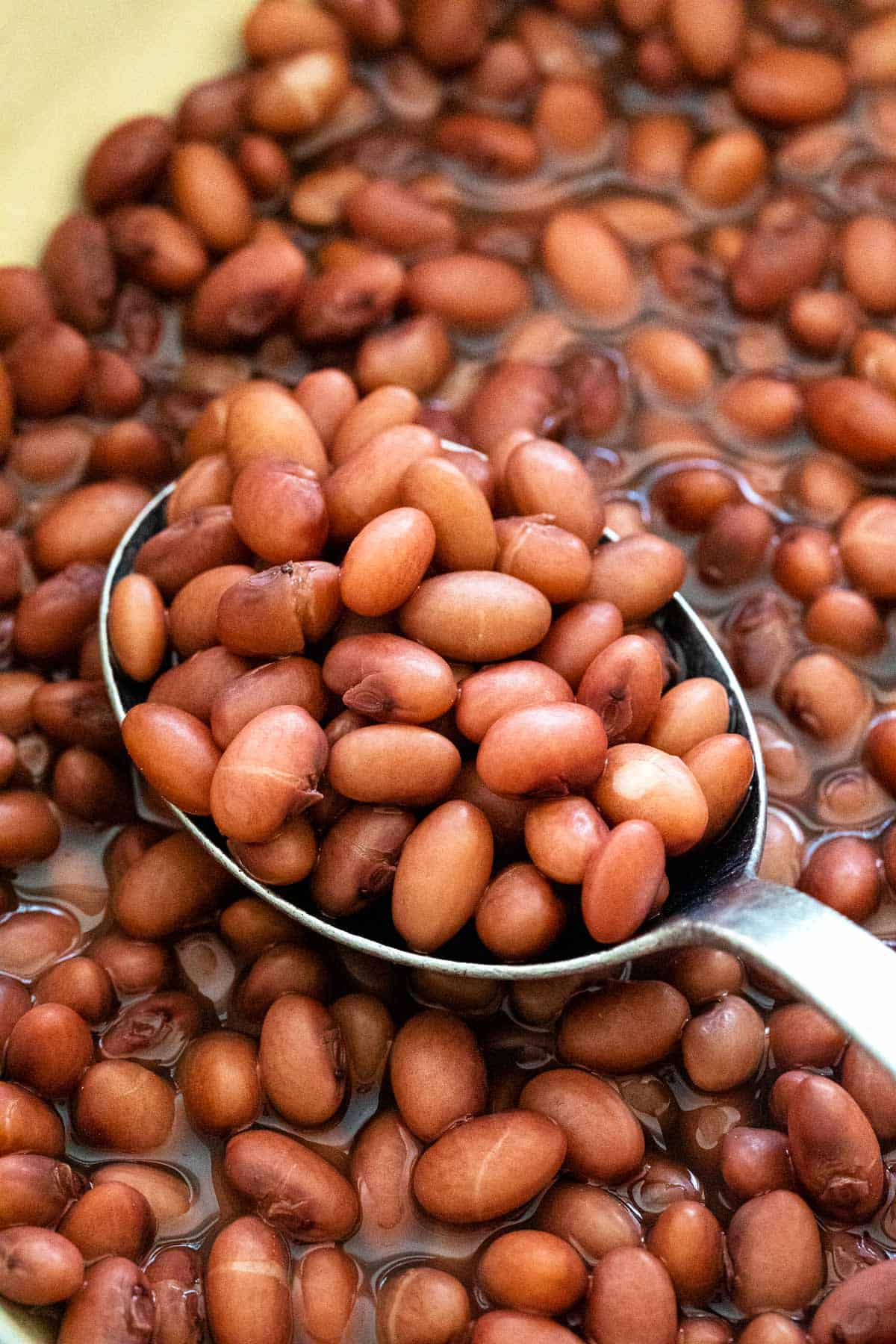Soaking beans is a common practice that many home cooks and chefs utilize to prepare these nutritious legumes. However, have you ever wondered what happens if you soak beans too long? In this article, we will explore the implications of soaking beans for extended periods and provide you with helpful tips and insights to ensure your beans are perfectly prepared.
Beans are a staple in cuisines around the world, celebrated for their versatility and health benefits. While soaking beans is essential for reducing cooking time and improving digestibility, there is a fine line between soaking them just enough and soaking them too long. Understanding this balance can significantly affect the texture, flavor, and overall quality of your beans.
In this article, we will delve into the science behind soaking beans, the potential risks of over-soaking, and the best practices for preparing beans for your favorite recipes. Whether you're a seasoned cook or just starting your culinary journey, this guide will equip you with the knowledge you need to make perfect beans every time.
Table of Contents
- Understanding the Soaking Process
- How Long Should You Soak Beans?
- What Happens When You Soak Beans Too Long?
- Signs That Beans Have Been Soaked Too Long
- How to Properly Soak Beans
- Effects of Over-Soaking on Different Bean Varieties
- Benefits of Soaking Beans
- Conclusion and Final Thoughts
Understanding the Soaking Process
Soaking beans is the process of immersing dried beans in water for a specific period. This technique helps to rehydrate the beans, making them softer and easier to cook. The soaking process can also help to reduce cooking time significantly. There are two primary methods for soaking beans:
- Overnight Soak: The most common method, where beans are soaked in water for 8-12 hours.
- Quick Soak: A faster method that involves boiling the beans for a few minutes and then allowing them to sit in hot water for about an hour.
Both methods serve the same purpose, but the overnight soak is generally preferred for its convenience and effectiveness.
How Long Should You Soak Beans?
The optimal soaking time for beans varies depending on the type of bean. Here are some general guidelines:
- Black Beans: 6-8 hours
- Pinto Beans: 6-8 hours
- Chickpeas: 8-12 hours
- Lentils: 2-4 hours (or no soaking necessary)
Soaking beans for the recommended time helps to achieve the best texture and flavor in your dishes.
What Happens When You Soak Beans Too Long?
Soaking beans for too long can lead to several issues that may affect the quality of your meal:
- Texture Changes: Beans that are soaked for an extended period can become mushy or overly soft, losing their desired firmness.
- Flavor Loss: Over-soaking can lead to the leaching of essential flavors and nutrients from the beans into the soaking water.
- Fermentation: If beans are left to soak for too long, especially in warm temperatures, they may begin to ferment, producing off-flavors and odors.
- Increased Gas Production: Over-soaked beans may cause more digestive discomfort due to the breakdown of sugars that can lead to gas.
Signs That Beans Have Been Soaked Too Long
Here are some signs to look out for that indicate your beans may have been soaked for too long:
- The beans appear overly swollen and mushy.
- There is a sour smell emanating from the soaking water.
- Beans begin to split or break apart when handled.
- Foaming or bubbling occurs in the soaking water.
How to Properly Soak Beans
To avoid the pitfalls of over-soaking, follow these tips for properly soaking beans:
- Use cold water for soaking, as hot water can accelerate the absorption and lead to over-soaking.
- Set a timer to ensure you soak the beans for the recommended time.
- Store soaked beans in the refrigerator if you need to soak them for longer than 8 hours.
- Rinse beans thoroughly after soaking to remove any residual sugars or impurities.
Effects of Over-Soaking on Different Bean Varieties
Different types of beans react differently to soaking. Here’s how over-soaking can affect some common varieties:
- Kidney Beans: These beans can become too soft and lose their distinctive texture if over-soaked.
- Black Beans: Can turn mushy quickly and lose their vibrant color when soaked too long.
- Chickpeas: May break apart and lose their shape, which is essential for many dishes.
Benefits of Soaking Beans
Despite the risks of over-soaking, there are numerous benefits to properly soaking beans:
- Reduced Cooking Time: Soaking beans makes them cook faster, saving energy and time.
- Improved Digestibility: Soaking helps to remove complex sugars that can cause digestive issues.
- Enhanced Nutrient Absorption: Soaking can increase the bioavailability of nutrients in beans.
- Better Texture: Properly soaked beans maintain their integrity during cooking.
Conclusion and Final Thoughts
In conclusion, understanding the soaking process is crucial for achieving the best results when cooking beans. Soaking beans too long can lead to undesirable changes in texture and flavor, so it is essential to follow recommended soaking times. By properly soaking beans, you can enjoy their numerous health benefits and enhance your culinary creations.
We invite you to share your thoughts in the comments below, let us know your experiences with soaking beans, or ask any questions you may have. If you found this article helpful, consider sharing it with your friends or exploring more of our content on the topic of healthy cooking!
Article Recommendations
- Jim Carreys 2024 Revival Predicting The Future Of Comedy
- Mitch Mcconnells Senate Seat Losing Chances Surge
- The Art Of Megan Foxs Iconic Transformers Makeup Look


